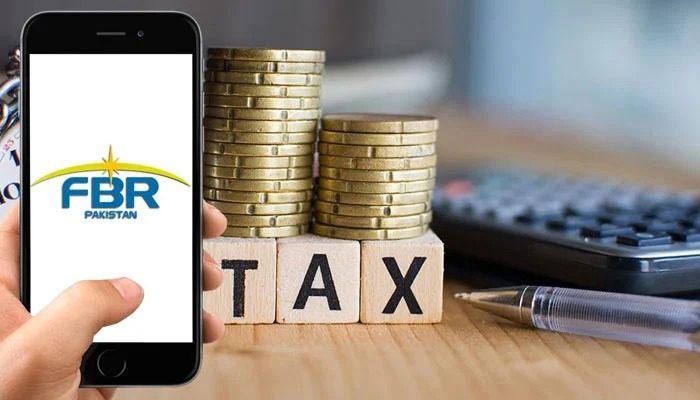The development marks a significant breakthrough for the government’s long-standing struggle to unlock trapped revenue, offering hope for much-needed financial stability in the country

News Desk
ISLAMABAD: The Federal Board of Revenue (FBR) has marked a significant milestone in its prolonged struggle to recover outstanding taxes, following a series of crucial legal victories that could reshape Pakistan’s fiscal landscape. According to informed sources within the Ministry of Finance, the Islamabad High Court has recently delivered rulings in favor of the FBR on cases worth a staggering Rs36.14 billion.
The development is being hailed as a major boost to the government’s efforts to secure revenue that has long been trapped in legal battles, hindering the country’s financial health. The High Court’s verdicts also include two additional corporate cases amounting to Rs9.7 billion, further strengthening the state’s position in its tax recovery campaign. For years, such large sums have been locked in complex legal proceedings, delaying access to critical funds that are essential for economic stability and public service delivery.
These rulings promise to cut through some of those judicial delays, potentially unlocking resources desperately needed in a country grappling with fiscal constraints and rising borrowing. Officials within the Ministry of Finance describe these decisions as a landmark achievement, made possible by a series of legal reforms steered directly by Prime Minister Shehbaz Sharif. The reforms are part of a broader government strategy aimed at stabilizing Pakistan’s public finances by improving tax collection mechanisms and reducing reliance on external debt.
There is a growing sense of cautious optimism among policymakers that these judicial victories could serve as a catalyst for faster resolution of tax disputes and a restoration of confidence in the country’s tax and legal systems. For many Pakistanis, long burdened by a complicated and often opaque taxation environment, this progress brings a ray of hope. It signals the possibility that the tax system, once seen as a barrier to economic growth, might be evolving into an instrument for national stability and development.
Yet, as the government celebrates this step forward, the real challenge lies in translating these court rulings into tangible results — ensuring that the recovered revenues are efficiently mobilized to improve public services and fund critical infrastructure projects. In a nation where financial challenges remain acute, the success of these efforts will be closely watched not only by domestic stakeholders but also by international investors and financial institutions.



